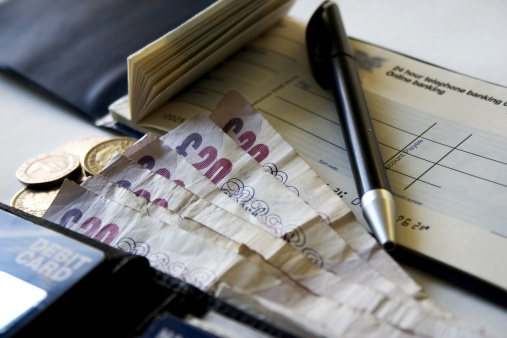If you’ve ever wondered about how cheque cashing works, here’s a quick rundown. Cheque cashing is the process of exchanging a cheque for cash. This can be done at a bank, credit union, or other financial institution. There are typically fees associated with this service, so it’s important to understand the terms and conditions before using it.
If you want to know more visit: cash cheque Narre warren.
When you need to cash a cheque, there are a few things you need to know. Here are four lessons about cheque cash that you need to learn.
1. How to cash a cheque without a bank account
If you don’t have a bank account, you can still cash a cheque. You can do this by using a check-cashing service. These services will typically charge a fee for their service, so be sure to factor that in when you’re deciding how much money to request.
2. How to cash a post-dated cheque
A post-dated cheque is one where the date on the cheque is after the current date. You can still cash a post-dated cheque, but you should be aware that the funds may not be available until the date on the cheque.
3. How to endorse a cheque
To cash a cheque, you will need to endorse it. This simply means that you will need to sign the back of the cheque. Be sure to only sign your name as it appears on the front of the cheque.
4. How to know if a cheque is good
There are a few ways to tell if a cheque is good. First, you should make sure that there are no obvious signs of tampering. Second, you should check the date on the cheque to make sure it isn’t post-dated. Finally, you can call the bank listed on the cheque to confirm that it is valid.
5. Not everyone will cash cheques
Just because you have a cheque doesn’t mean that everyone will be able to cash it. Many businesses and banks don’t offer cheque cashing services, so you may need to go to a specialised business or search online for a service that will cash your cheque.
6. You may have to pay fees
Most businesses that offer cheque cashing services charge fees for their services. These fees can range from a few dollars to a percentage of the total value of the cheque. Be sure to factor in these fees when you’re deciding whether or not to cash a cheque.
7. You may not get the full value of the cheque
When a business cashes a cheque, it takes on the risk that the person who wrote the cheque may not have enough money in their account to cover it. As a result, businesses often pay out less than the full value of a cheque when they cash it. This is known as a “discount rate.”
Make sure you understand how much of a discount your chosen cashing service offers before you hand over your cheque.
8. There’s no guarantee your cheque will be cashed
Even if a business says it will cash your cheque, there’s no guarantee that it will go through. Cheques can be cancelled for a variety of reasons, so always be prepared for the possibility that your cheque may not be honoured.
Cashing a cheque doesn’t have to be complicated. Just be sure to follow these simple tips and you’ll have your money in no time.
Keep these lessons in mind the next time you’re thinking about cashing a cheque. By understanding the risks and fees involved, you can make sure that cashing a cheque is the right decision for you.

